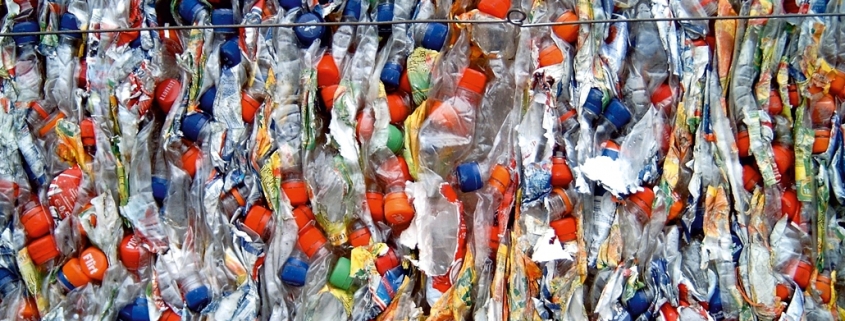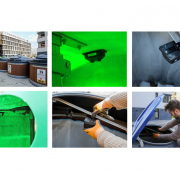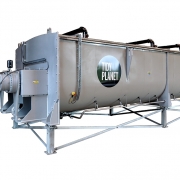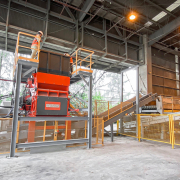Report: The Future of Plastic Recycling
Lux Research analyzed in a report the economic forces driving growth across the four main plastic recycling technologies.
Titled “The Future of Plastic Recycling,” the report looks at four of the main plastic waste recycling processes – mechanical recycling, depolymerization, pyrolysis, and solvent-based recycling – and analyzes the factors impacting the economic viability of each. Lux points to a near-term future where no one technology takes a commanding market lead and where market conditions and global public policy will significantly impact each technology, the company gave account. The report would aim to provide recyclers, chemical and material companies, government entities, investors and consumer-facing brands the insight they need to make critical business and public policy decisions.
“The economics of plastic waste recycling are in continuous flux, with political and economic winds impacting the direction of the four main recycling technologies,” Charles Willard, Lux Senior Research Associate and author of the report, is quoted. “Each technology has its own set of factors determining its growth in the short term, and we predict growth in some areas and contraction in others, but not enough to dictate a particular winning technology.”
The four types of recycling technologies studied are as follows:
- Mechanical recycling is the most common form of plastic recycling due to its cheap and simple nature. However, due to its reliance on inexpensive plastic feedstock, mechanical recycling is particularly susceptible to dips in feedstock supply. China’s recent ban on plastic waste has increased that supply by 45 percent; however, Lux expects global recycling capacity to increase overall, enhancing competition and limiting short-term gains.
- Depolymerization is arguably one of the most effective plastic recycling techniques with its ability to convert polyethylene terephthalate into virgin-quality monomer precursors, the process is three times the cost of mechanical recycling and heavily reliant on low or negative feedstock prices. This elevation likely means that even with an increase in supply, depolymerization will remain a niche form of recycling.
- Pyrolysis is able to address mixed plastic waste streams in ways mechanical recycling cannot. Pyrolysis, though energy-intensive, could fill the gap in this area left by mechanical recycling. If petroleum prices decrease, Lux predicts pyrolysis will alter its product distillation stream to target alternative chemical markets, partially insulating it from major market fluctuations.
- Solvent-based recycling, like pyrolysis, can address mixed plastic waste streams, giving it a natural advantage over standard mechanical recycling. However, the process has had contamination issues, limiting its growth to post-industrial waste, and its reliance on the cost of solvent makes it susceptible to market factors that could inhibit growth.
To learn more about the economic and political fluctuations impacting the future of plastic waste recycling, download Lux’s infographic: www.luxresearchinc.com/future-of-plastics-recycling-infographic
(GR12020, Page 35, Photo: Ludwig Paul, Servicebetrieb Bau & Stadtgrün, Stadt Schweinfurt / abfallbild.de)









